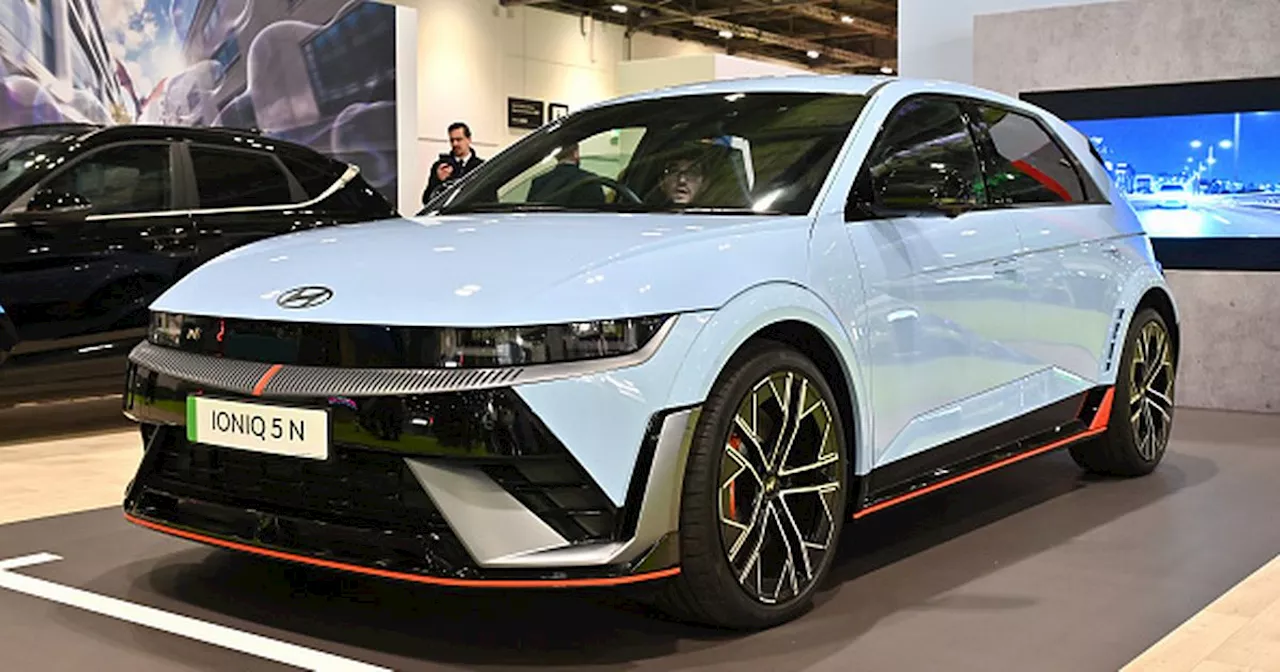Hyundai has recalled over 145,000 Ioniq 5 and Ioniq 6 electric vehicles globally due to a software issue in the Integrated Charging Control Unit. This fault could cause the auxiliary 12-volt battery to not charge properly, potentially leading to a loss of motive power while driving and increasing the risk of an accident. Affected vehicles were produced between 2021 and 2024 and owners are advised to contact Hyundai dealerships for a free software update.
South Korean car manufacturer Hyundai has recalled two models of their electric vehicles over concerns that a software fault could cause the car to lose power and potentially cause an accident. The two models are the Ioniq 5 and Ioniq 6 EVs, with more than 145,000 being recalled worldwide.
Kia is also recalling more than 60,000 EV6 models over a similar issue, and in 2023 both manufacturers recalled more than 92,000 vehicles due to a fire risk, as reported by BBC News. "Owners are advised to park outside and away from structures until the recall repair is complete," the US National Highway Traffic Safety Administration said at the time.
Hyundai’s Ioniq electric vehicle brand launched in 2020, with the Ioniq 5, a compact crossover SUV, first sold to the public in 2021. The Ioniq 6, which is a mid-size estate car, launched the following year. The cars are known for their distinctive ‘Parametric Pixel’ design for the external lights – small square lighting elements that have been compared to 8-bit video game graphics.
RECALL ELECTRIC VEHICLES HYUNDAI IONIQ 5 IONIQ 6 SOFTWARE FAULT SAFETY
United Kingdom Latest News, United Kingdom Headlines
Similar News:You can also read news stories similar to this one that we have collected from other news sources.
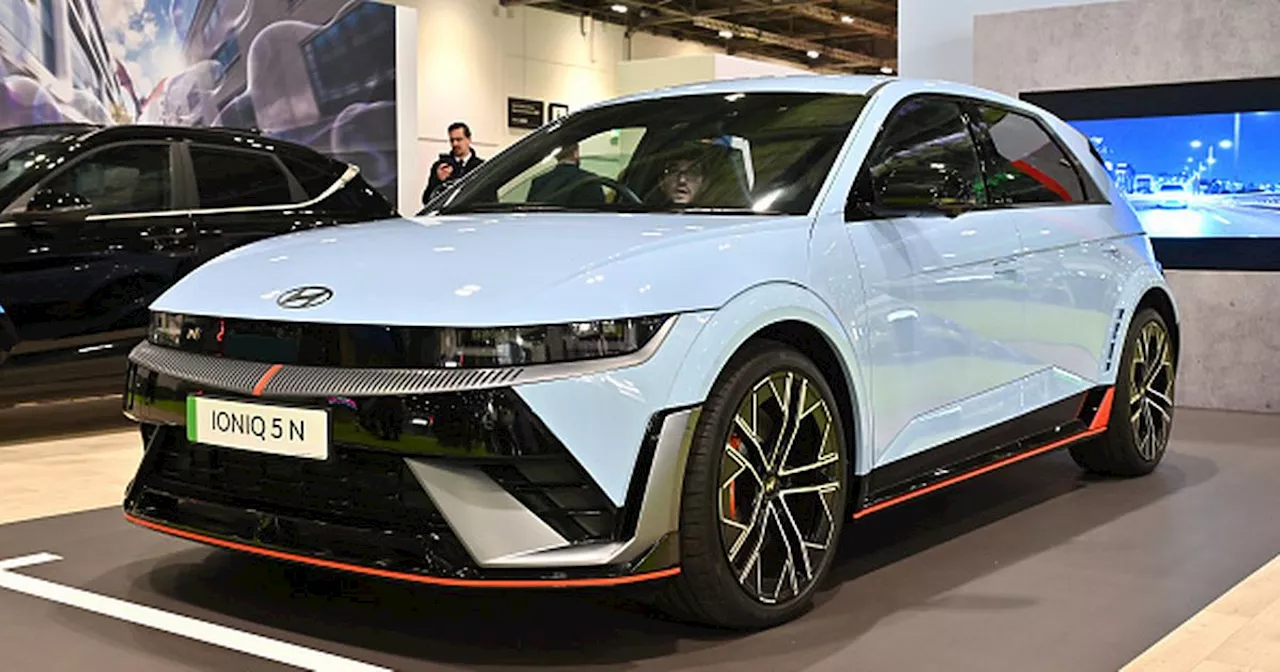 Hyundai Recalls Ioniq 5 and Ioniq 6 EVs Over Software FaultHyundai has issued a recall for over 145,000 Ioniq 5 and Ioniq 6 electric vehicles globally due to a software issue in the Integrated Charging Control Unit. The fault may prevent the auxiliary 12-volt battery from charging properly, potentially leading to a loss of motive power while driving and increasing the risk of an accident.
Hyundai Recalls Ioniq 5 and Ioniq 6 EVs Over Software FaultHyundai has issued a recall for over 145,000 Ioniq 5 and Ioniq 6 electric vehicles globally due to a software issue in the Integrated Charging Control Unit. The fault may prevent the auxiliary 12-volt battery from charging properly, potentially leading to a loss of motive power while driving and increasing the risk of an accident.
Read more »
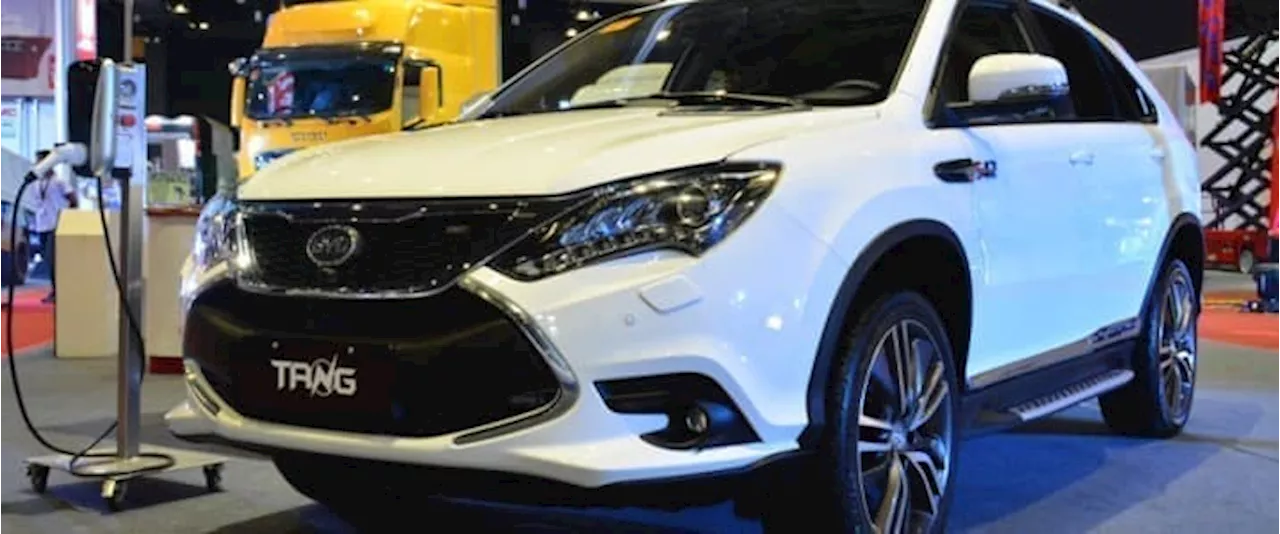 China Dominates Global Auto Market: EVs and Market Share GainsChina has rapidly ascended to become the world leader in car production and exports, particularly in electric vehicles (EVs). The country's market share has surged from 1% to 39% in two decades, fueled by government investment, automation advancements, and a booming domestic market.
China Dominates Global Auto Market: EVs and Market Share GainsChina has rapidly ascended to become the world leader in car production and exports, particularly in electric vehicles (EVs). The country's market share has surged from 1% to 39% in two decades, fueled by government investment, automation advancements, and a booming domestic market.
Read more »
 Nissan and Honda hold talks about a merger of the two carmakersThe Japanese companies are grappling with fast-growing Chinese rivals and sluggish consumer demand for EVs
Nissan and Honda hold talks about a merger of the two carmakersThe Japanese companies are grappling with fast-growing Chinese rivals and sluggish consumer demand for EVs
Read more »
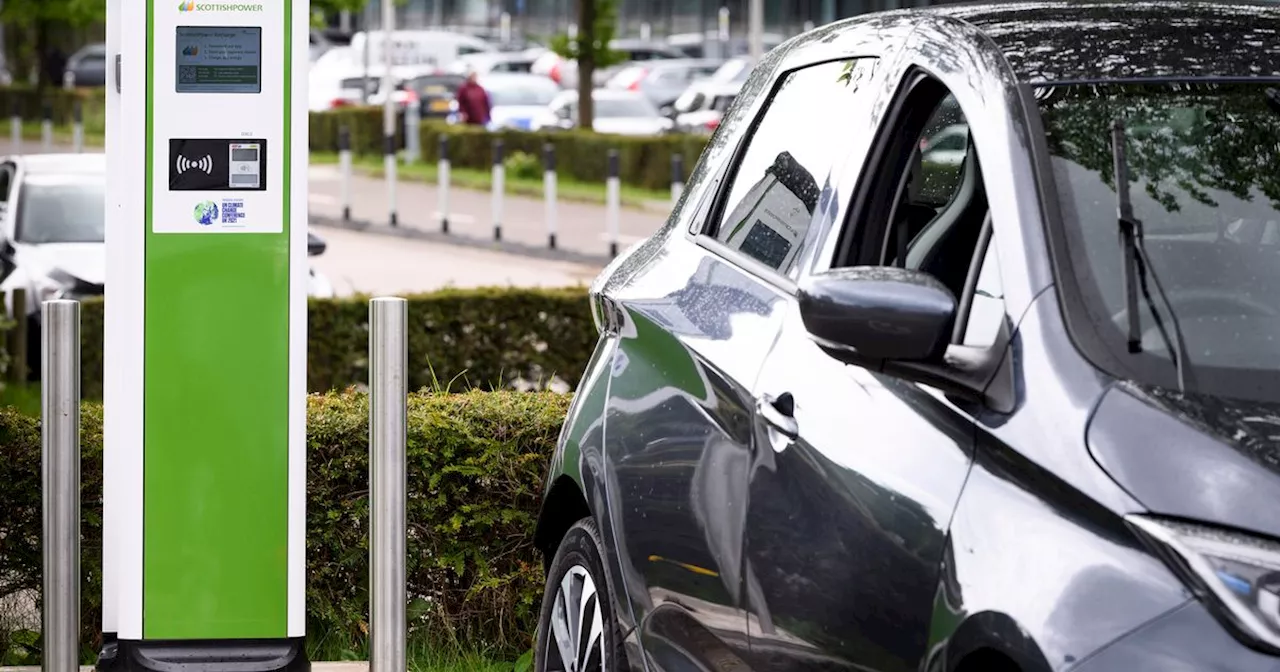 Used EVs in Scotland Now 9% Cheaper Than Petrol CarsA surge in used electric car supply has driven prices down, making them 9% cheaper than petrol equivalents in Scotland. This comes as the Scottish Government expands its charging network, making the switch to electric more attractive.
Used EVs in Scotland Now 9% Cheaper Than Petrol CarsA surge in used electric car supply has driven prices down, making them 9% cheaper than petrol equivalents in Scotland. This comes as the Scottish Government expands its charging network, making the switch to electric more attractive.
Read more »
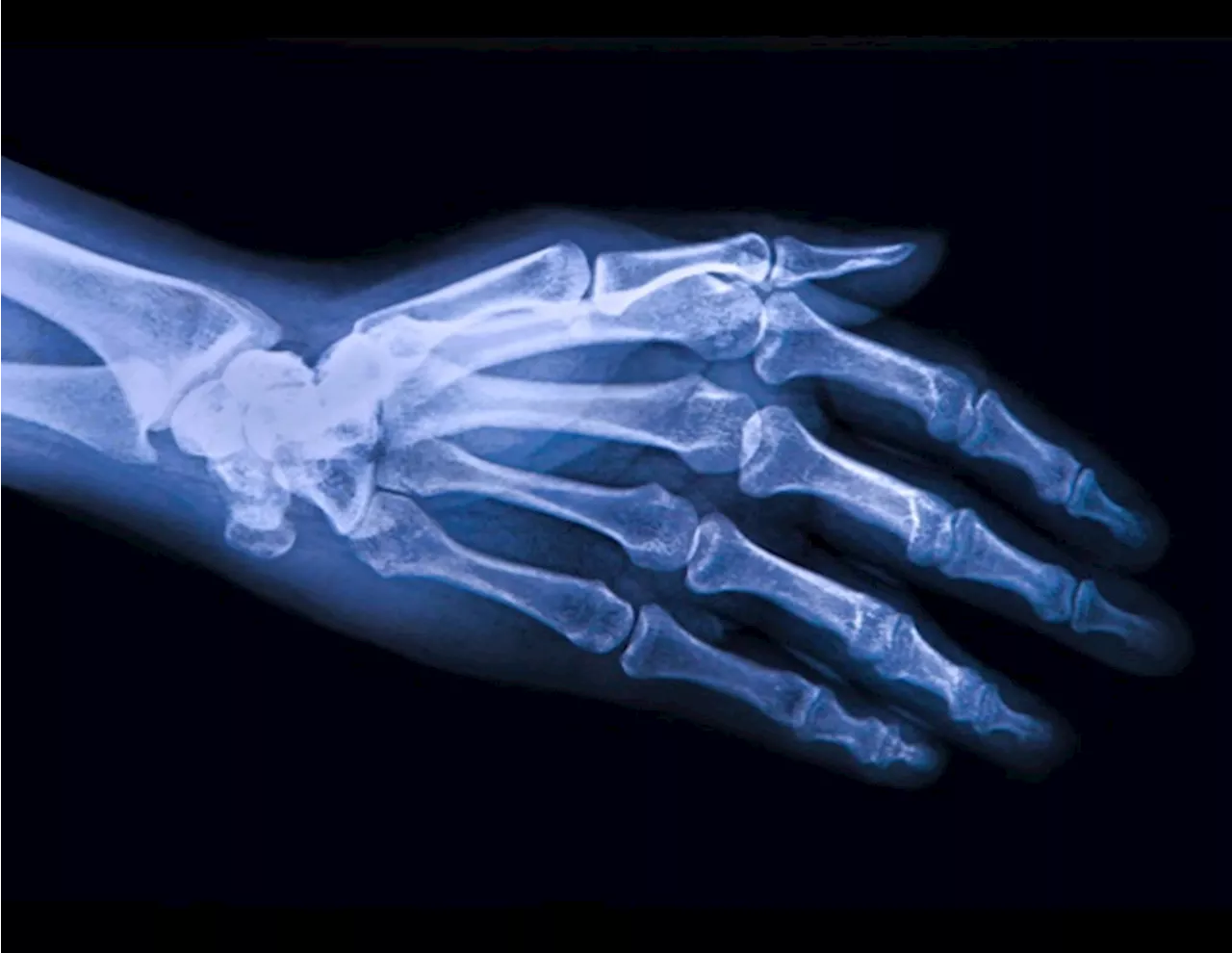 Fat-Derived Vesicles Show Promise as New Osteoarthritis TreatmentA new study published in Aging reveals that extracellular vesicles (EVs) derived from fat tissue can effectively repair damage caused by aging cells in joints, potentially offering a breakthrough for osteoarthritis treatment. In both cellular and mouse studies, these EVs, known as ASC-EVs, reduced inflammation, DNA damage, and cartilage degradation, improving joint health and function.
Fat-Derived Vesicles Show Promise as New Osteoarthritis TreatmentA new study published in Aging reveals that extracellular vesicles (EVs) derived from fat tissue can effectively repair damage caused by aging cells in joints, potentially offering a breakthrough for osteoarthritis treatment. In both cellular and mouse studies, these EVs, known as ASC-EVs, reduced inflammation, DNA damage, and cartilage degradation, improving joint health and function.
Read more »
 Tesco and Waitrose shoppers told to 'return' products to storesHere are the latest product recalls
Tesco and Waitrose shoppers told to 'return' products to storesHere are the latest product recalls
Read more »
